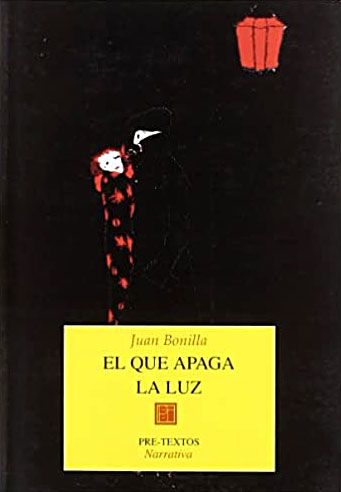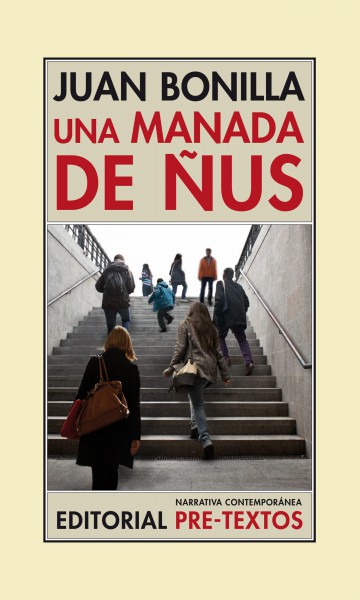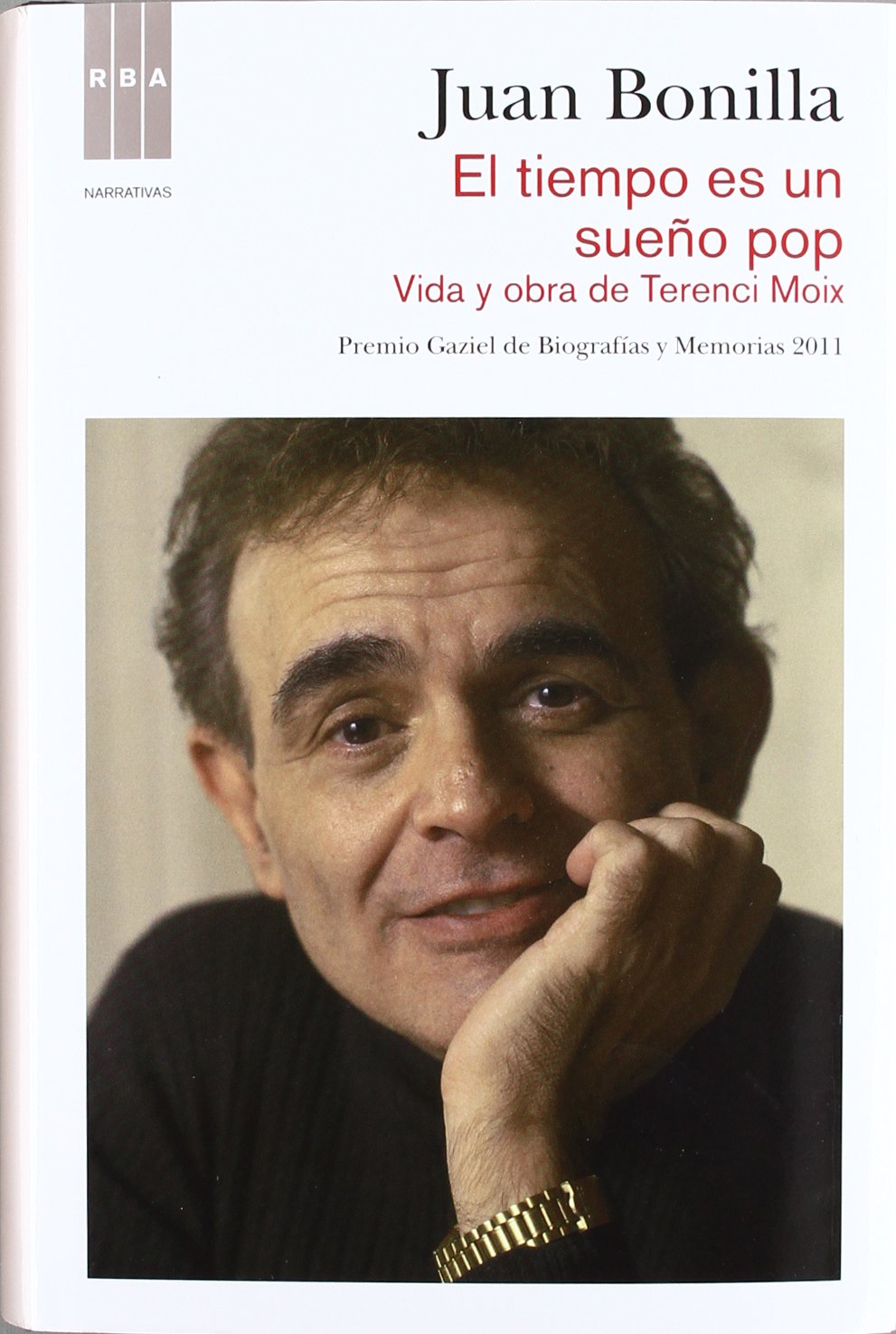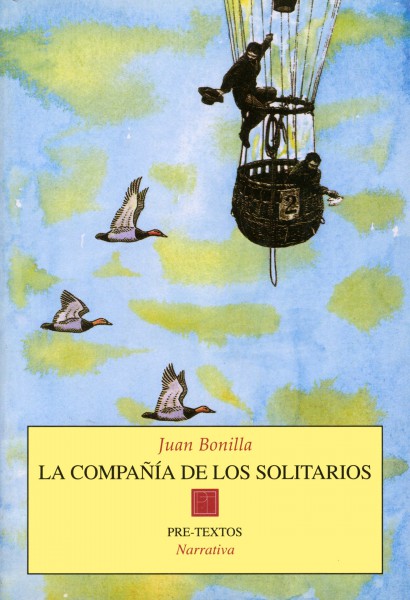
El que apaga la luz
This title, taken from a phrase by Somerset Maugham, is that of a book filled with incurable illnesses, obsessions that come out in the worst of nightmares (insomnia), and which only find relief in suicide.
Characters tormented by the kinds of guilt from which they cannot repent, that attempt to find answers to argue their guilt but only find angst and uncertainties. A man who listens each night to the groaning of the Tower of Pisa, a guy who feels that every instant of his life has happened before, the triple denial of the first Pope, a boy who wants to be an orphan when he grows up.
The loneliness of a fat woman, or the insomnia of a terrorist, among other perversions transforms He who turns out the light into a highly optimistic book: it tells the readers that they are lucky not to be one of the protagonists. Because, although they fool us, few things console us as greatly, or help us to tolerate and diminish our misfortunes as the misfortunes that punish others.
«An excellent storyteller.» Luis Antonio de Villena, El Mundo
«A cult book, a mega-talent.» José Ribas, Ajoblanco
«A revelation.» Miguel García-Posada, El País
















